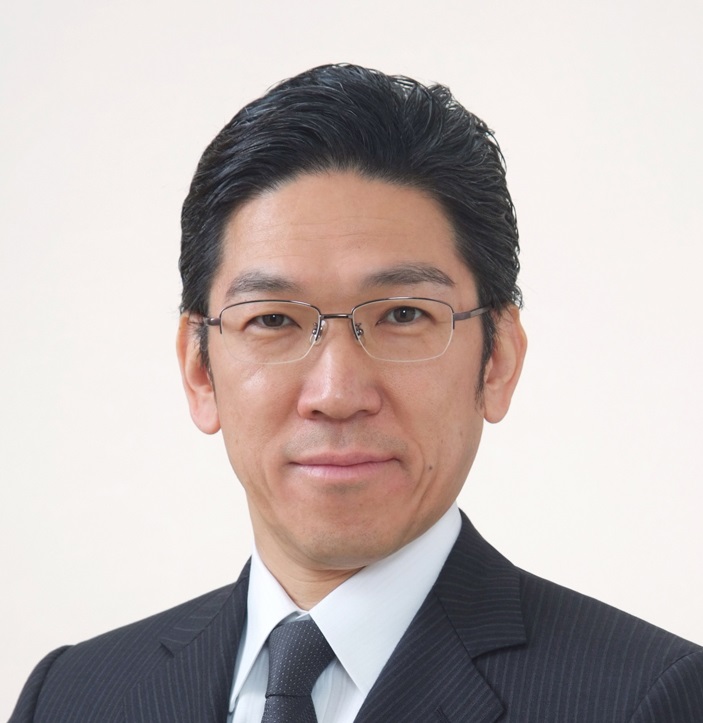Injections of a growth factor have been shown to regenerate the mucosa lining the vocal cords in humans for the first time1. This brings closer a safe and potentially effective therapy for a condition that has been untreatable until now.
Abnormal scar tissue around the vocal folds, popularly known as vocal cords, causes serious problems for which there are currently no established treatments. Professionals who depend on their voice for a living, such as teachers, singers and actors, as well as cancer patients receiving radiotherapy, are particularly susceptible to lesions in their vocal folds and scarring damage.
Study of the mechanisms underlying vocal fold scarring has shown that changes in the proteins making up the mucosa that lines the vocal folds affect their ability to vibrate, which impairs voice creation when air moves over them. Key factors that reduce the viscoelasticity of the vocal fold mucosa and prevent its vibration are loss of the extracellular matrix hyaluronic acid and deposition of collagen-rich fibrous tissue by fibroblast cells in the vocal folds.
Two approaches to restore vocal fold scarring are transplanting bioengineered vocal fold mucosa, and using growth factors to stimulate the production of hyaluronic acid and interfere with fibrosis. Both strategies have shown promise in animal models.
Now, Shigeru Hirano at Kyoto Prefectural University of Medicine and colleagues have succeeded in regenerating the vocal fold mucosa in humans by injecting hepatocyte growth factor (HGF). “It’s essential to recover hyaluronic acid and reduce fibrosis to improve vocal fold scars,” explains Hirano. “HGF stimulates fibroblasts to produce hyaluronic acid and suppress collagen deposition.”
In partnership with the Translational Research Center for Medical Innovation, Hirano’s team conducted a clinical trial to examine the safety and effectiveness of intracordal injections of a recombinant human HGF drug. The trial involved 18 patients with bilateral vocal fold scar or sulcus—a special case of scarring in which an anatomical change in the vocal folds affects the mucosal lining.
Patients received four injections of 1, 3 or 10 micrograms of the drug at regular intervals over a month. At follow-up assessments 1, 2, 3 and six months after the final injection, Hirano and colleagues found no serious adverse effects to the drug and significant improvements in voice outcomes were maintained six months after the final injection. No significant differences were detected between the doses.
These results confirm the antifibrotic effects of HGF and its effectiveness in treating vocal fold scars.
“Our next step will be to conduct a phase III, placebo-controlled trial,” says Hirano. If that goes well, his team plans to apply for US Food and Drug Administration approval.
References
Hirano, S., Kawamoto, A., Tateya, I., Mizuta, M., Kishimoto, Y., Hiwatashi, N. et al. A phase I/II exploratory clinical trial for intracordal injection of recombinant hepatocyte growth factor for vocal fold scar and sulcus. Journal of Tissue Engineering and Regenerative Medicine 12, 1031–1038 (2018). | article
About the Researcher

Shigeru Hirano, Professor, Department of Otolaryngology
Dr. Shigeru Hirano is a professor and chair at the Department of Otolaryngology–Head & Neck Surgery, Kyoto Prefectural University of Medicine. He graduated from Kyoto University in 1998. After carrying out research at University of California, Los Angeles, and at the University of Wisconsin-Madison, USA, he returned to Japan to head up the Department of Bronchoesophagology at Kyoto Medical Center in 2003. He joined Kyoto Prefectural University of Medicine in 2016, where he continues to research tissue engineering and regenerative therapies for treating vocal fold scars.




